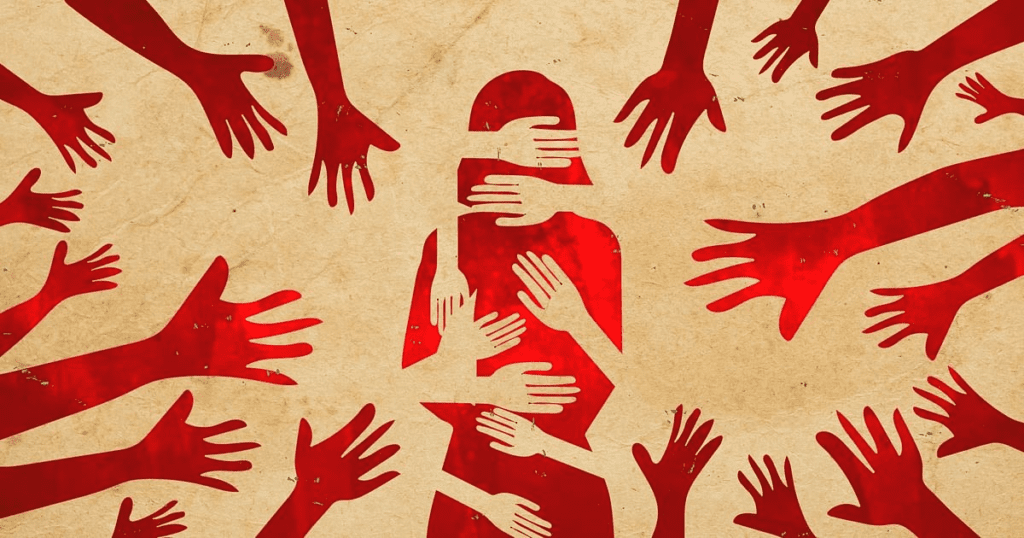There is no requirement to make marital rape a wrongdoing; it is more social than legitimate. Center’s testimony in SC

marital rape:
The Central Government has recorded an affirmation in the Preeminent Court on the request to bring beneath the ambit of wrongdoing. In this, the Central Government has restricted the petitions requesting to pronounce marital rape a wrongdoing and said that there is no requirement to make marital rape a wrongdoing; it is a more social issue than a legitimate one. It, too, said that elective “reasonably planned correctional measures” are accessible for this.
Also, the Preeminent Court said that pronouncing marital rape a wrongdoing is not inside the locale of the Preeminent Court. The Union Domestic Service backed the existing law, which makes an exemption for sexual relations between spouse and wife.
This issue has a coordinated effect on society: Center
The Central Government said that this issue is more social than lawful, which has a coordinated effect on society in common. The issue cannot be chosen without a legitimate interview with all partners or without taking into account the views of all states.
The central government said that marriage does not conclude the assent of a lady, and its infringement ought to result in reformatory results. Be that as it may, the results of such infringement inside marriage contrast from infringement exterior marriage.
There ought to be distinctive disciplines for infringement of assent. It depends on whether such an act has been put inside marriage or exterior marriage.

Punishment beneath anti-rape laws conflicting: Center
The government said that in marriage there is a consistent desire of appropriate sexual relations from one’s companion. Such desires do not give the spouse the right to drive his spouse to have sex against her will. Be that as it may, the Center said that rebuffing an individual beneath anti-rape laws for such an act may be over the top and inconsistent.
The government said that Parliament has as of now given different measures to ensure the assent of a hitched lady inside marriage. These measures incorporate laws rebuffing pitilessness to hitched ladies (Segment 498A beneath the Indian Correctional Code), laws rebuffing acts against the unobtrusiveness of ladies and measures beneath the Assurance of Ladies from Household Viciousness Act, 2005.
The Center called the petitioners’ view wrong
It, too, said that the marital rape sexual perspective is one of the numerous angles of the relationship between a spouse and spouse on which the establishment of their marriage rests. Given the nature of the institution of marriage in our socio-legal environment, if the assembly is of the view that for the assurance of the institution of marriage, the decried exemption ought to be held, at that point it would not be suitable for the court to cancel the exception.

The Center has moreover called the petitioners’ view of considering the institution of marriage as a private institution off-base and one-sided. It was also said that the case of a hitched lady and her spouse cannot be treated like other cases. It is up to the governing body to classify the corrective results of sexual manipulation in an unexpected way in diverse circumstances. The existing law does not neglect assent for sexual relations between companions but treats it in an unexpected way, as it were when it is inside marriage.
The Middle, in its sworn statement, said this approach is moreover in consonance with the Constitution’s right to uniformity, as it denies likening two unique circumstances (in this case, sex inside marriage and sex exterior marriage). It is committed to the freedom and nobility of ladies, and there is no requirement to criminalize marital rape as elective “suitably custom-made corrective measures” exist.


